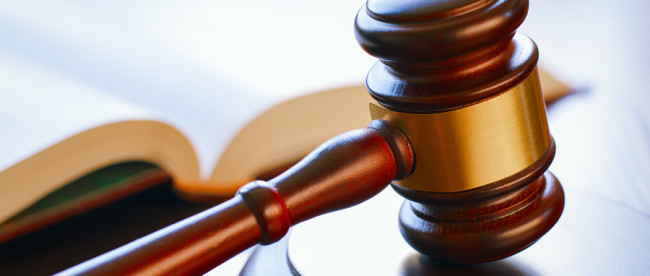Wrongful Death Actions in Vermont
When someone is injured because of the negligence of another person, we call the cause of action that results from that injury a tort. The person injured has the right to sue the person who committed the tort and to recover damages for the harms and losses he suffered. But what happens when the person injured dies before a settlement or a verdict is rendered? The injured person is not around to proceed with his claim. Does his cause of action nevertheless survive his death?
Today, most States, to include Vermont, have survival statutes. These statutes allow the Estate and/or personal representatives to pursue the cause of action the deceased would likely have pursued had they survived. But, how are damages determined if the person suffering the injury is now gone from this earth?
I am the father of two daughters. My daughters are adults and each has a family of their own. Nevertheless, the loss of either of my children would be personally devastating. Parents are supposed to die before their children and when “the natural order of things” is reversed and a child dies before the parent, it brings unspeakable hurt.
For my newsletter, I want to give you a set of facts and I want you to think about how you would compensate the next of kin in the scenario I’m about to describe.
Father and mother are divorced. There was one child born to their union. When they got divorced, they agreed that this child was precious to them. They agreed to do everything in their power to foster a positive relationship between the child and both parents. They were successful with this. The child grew up with a close relationship to both father and mother, despite their divorce.
Now, the child is mid 20’s and is killed by a hit and run driver. The incident occurs in Vermont and Vermont law is going to apply to the cause of action. The child is unmarried and is survived by the father and mother. They are next of kin. The question is this: what is the measure of damages when parents lose an adult child because of the negligent conduct of another?
In Vermont, these parents can be compensated for the loss of companionship and the loss of society they have suffered as a result of the death of their loved one. The calculation of this loss can be quite complicated, but the focus, as you might expect, is on the loss of the relationship. The initial question to be asked is this: what was the relationship between these parents and their child?
The analysis is generally backward-looking as opposed to forward-looking, but not entirely so. One must look at the strength of the relationship pre-death. But, when one considers the “loss of society”, you might consider the lost interaction between parents and child. There will be no more meals together; no more hunts; no more trips; no sharing of joy at a wedding; or at the birth of a grandchild. In this sense, the loss of society contemplates the loss of something that was going to happen in the future.
The loss of society damages deal with the transformative effects of death. Sadly, death does, indeed, transform us all. It has occurred to me and it has likely occurred to you. For much of my life, I was Harry and Irene’s son. I was a child. Today, because of death, I am seen as a father and a grandfather, more than as a son. The deaths of my parents have transformed me into a different role in life. Wrongful death actions in Vermont are supposed to compensate us when the transformation is premature and occurs as a result of the negligence of another party.

